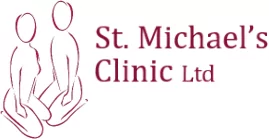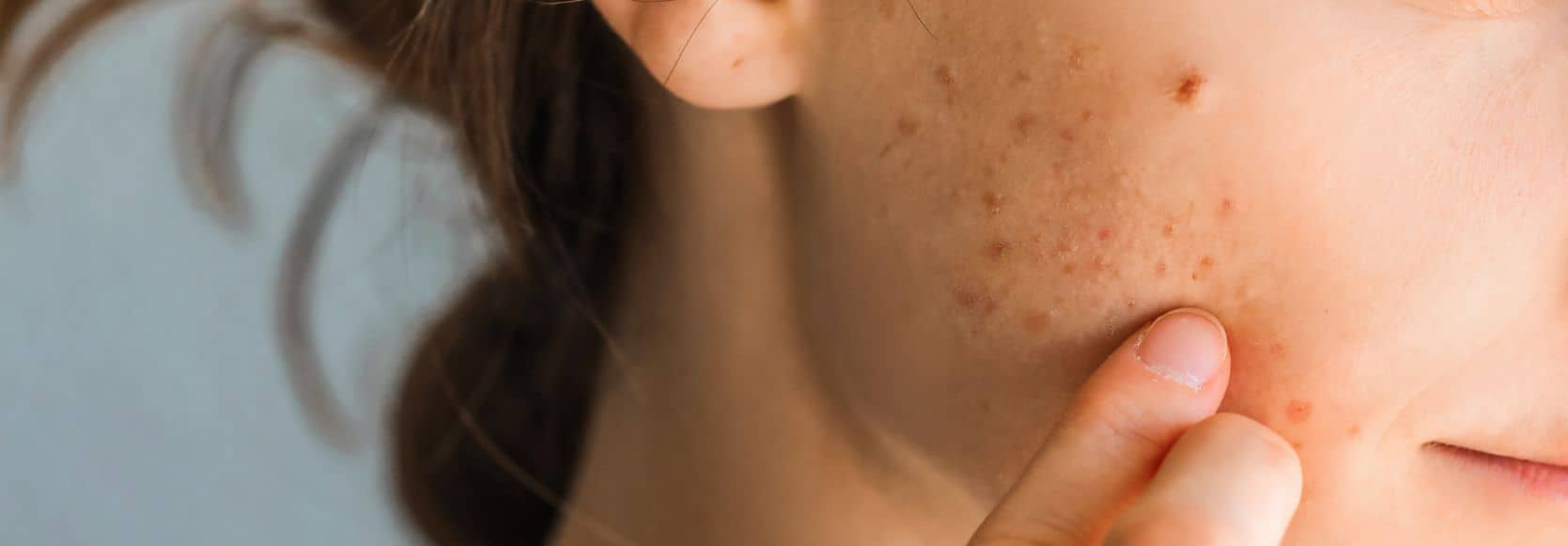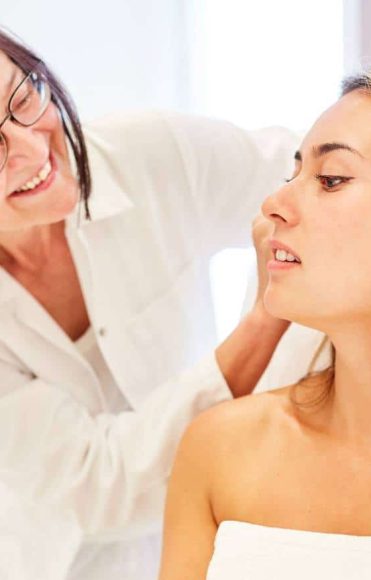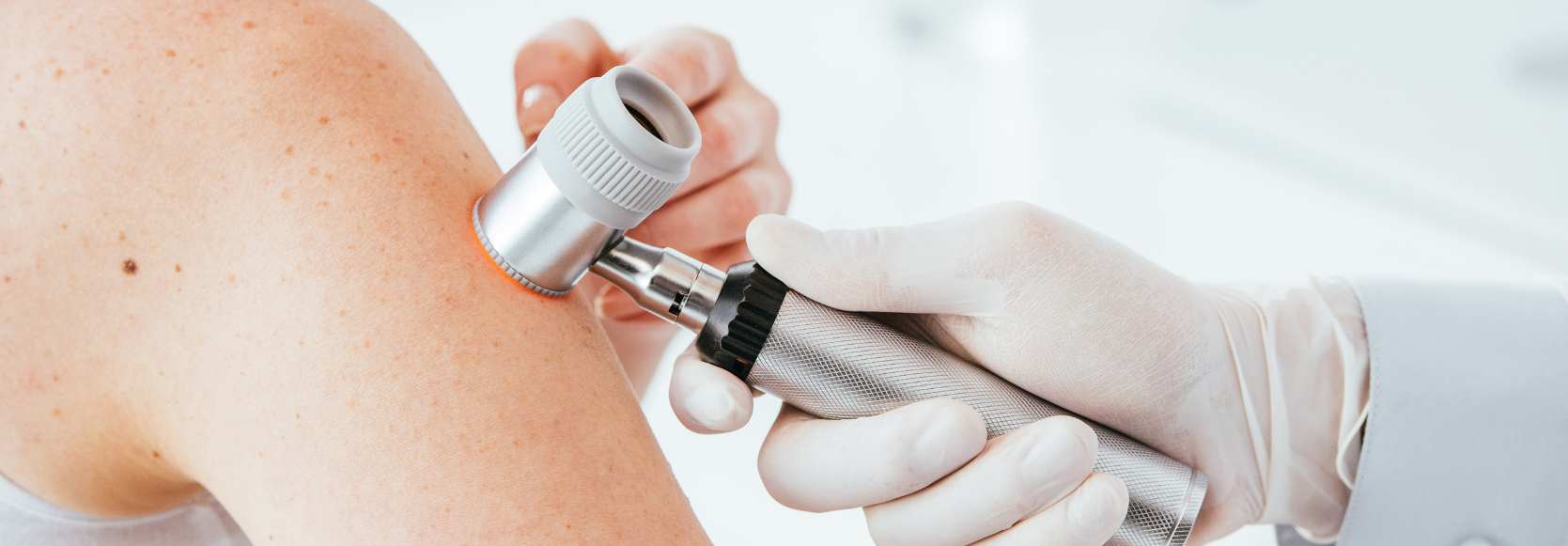Understanding Acne
Defining Acne
Contrary to popular belief, acne is not just confined to teenagers and affects people of all ages. It occurs when hair follicles become clogged with oil and dead skin cells, triggering inflammation and appearing as zits, blackheads and cysts. Recognising the various types of acne and dispelling prevailing misconceptions is essential for successful control of this disorder.
Types of Acne:
- Comedonal Acne: Characterised by the occurrence of blackheads and whiteheads.
- Inflammatory Acne: Distinguished by red, swollen lumps and blisters.
- Cystic Acne: A severe form resulting in painful, pus-filled growths beneath the skin’s surface.
- Nodular Acne: Hard lumps beneath the skin, typically very painful and severe.
Popular Misconceptions:
- Acne is due to unhygienic habits: Though cleanliness is important, acne is mostly influenced by genetics and hormones.
- Not only teenagers get acne: Adult acne is common, especially in women due to hormonal changes.
- Food doesn’t affect acne: Certain food items can intensify acne symptoms in some individuals.
Causes of Acne
Genetic Factors:
Hormonal Changes:
Lifestyle Aspects:
- Diet: Foods with a high glycaemic index, dairy and certain eating habits may worsen acne.
- Stress: Stress-induced hormone release may aggravate acne.
- Skincare Habits: Over-cleaning, harsh products or improper cleansing can intensify acne.
How to Tackle Acne?
Treating acne requires a comprehensive strategy, beginning with accepting the severity of the condition and opting for suitable cures. There’s a wide variety of treatment options to cater to different acne types and stages, from basic remedies available in stores to complex medical procedures.
Simple Remedies
- Topical Retinoids: They work to unblock pores and decrease inflammation. As a vitamin A derivative, they effectively address several key factors contributing to acne.
- Benzoyl Peroxide: It fights acne-causing bacteria and controls oil production. It penetrates the pores to deliver oxygen, eliminating the harmful bacteria and preventing a recurrence.
- Salicylic Acid: It assists in skin exfoliation and keeps pores clean. Thanks to its oil-soluble property, it delves deep into the pores, efficiently removing excess oil and dead skin cells that block pores and trigger acne.
Prescribed Solutions
- Oral Antibiotics: They help reduce bacteria and thereby alleviate inflammation and infection associated with acne lesions.
- Hormone Regulation: In women, contraceptive pills can control hormonal changes, thus reducing androgen production which stimulates excess oil production.
- Topical Antibiotics: They eliminate skin bacteria on the surface responsible for inflammation and infection in acne lesions, reducing the severity of acne and preventing new breakouts.
Advanced Acne Therapies
For stubborn or severe acne, more advanced treatments may be necessary such as:the counter like:
- Chemical Peels: They aid in skin exfoliation, diminish scars, enhance texture, unblock pores and decrease inflammation.
- Customised Prescription Facials: These facials are designed for specific acne issues and include various therapeutic techniques and ingredients to cleanse, exfoliate and treat acne-prone skin.
- Phototherapy: This procedure uses specific light wavelengths to decrease inflammation and kill acne-inducing bacteria.
- Laser Therapy: This therapy targets the deeper layers of the skin to lessen acne and scarring, promoting collagen production for better skin texture.
- Fractional Laser Resurfacing: This advanced laser treatment stimulates the skin’s healing process and collagen production, enhancing skin texture and reducing scar appearance.
- N-Lite Laser: This non-invasive laser treatment boosts collagen production and reduces acne bacteria, improving the overall skin appearance.
Building a Skincare Regime
- Cleanse: Use a gentle cleanser to wash off dirt, oil and makeup without dehydrating the skin.
- Treat: Apply targeted solutions like retinoids or benzoyl peroxide.
- Moisturise: Use a non-comedogenic moisturiser to keep your skin hydrated.
- Protect: Use sunscreen daily to safeguard against UV damage.
Managing Acne through Lifestyle
- Diet: Adopt a balanced diet rich in fruits, vegetables and omega-3 fatty acids. Avoid high-glycaemic foods and excessive dairy intake.
- Stress Management: Incorporate stress-relieving techniques like yoga, meditation and adequate rest.
- Hygiene Habits: Avoid touching your face, change pillowcases regularly and clean yourself after sweating.
Importance of Professional Guidance
Benefits of Professional Treatment
- Accurate Diagnosis: A dermatologist can accurately diagnose the type and intensity of acne.
- Personalised Treatments: Receive therapies specifically designed for your skin type and condition.
- Continued Support: Regular consultations confirm the effectiveness of your treatment plan.
Acne Awareness Month is an opportunity to educate, assist and empower those impacted by acne. By understanding the causes, exploring potent treatments and adopting a comprehensive approach to skincare and lifestyle, individuals can manage and lessen the impact of acne. Keep in mind, professional guidance is crucial for a long-lasting success in treating acne.
Begin your journey towards clear skin today. Arrange a consultation with our expert dermatologists to create a personalised treatment plan tailored to your needs. Share this post to help spread awareness and support Acne Awareness Month.





